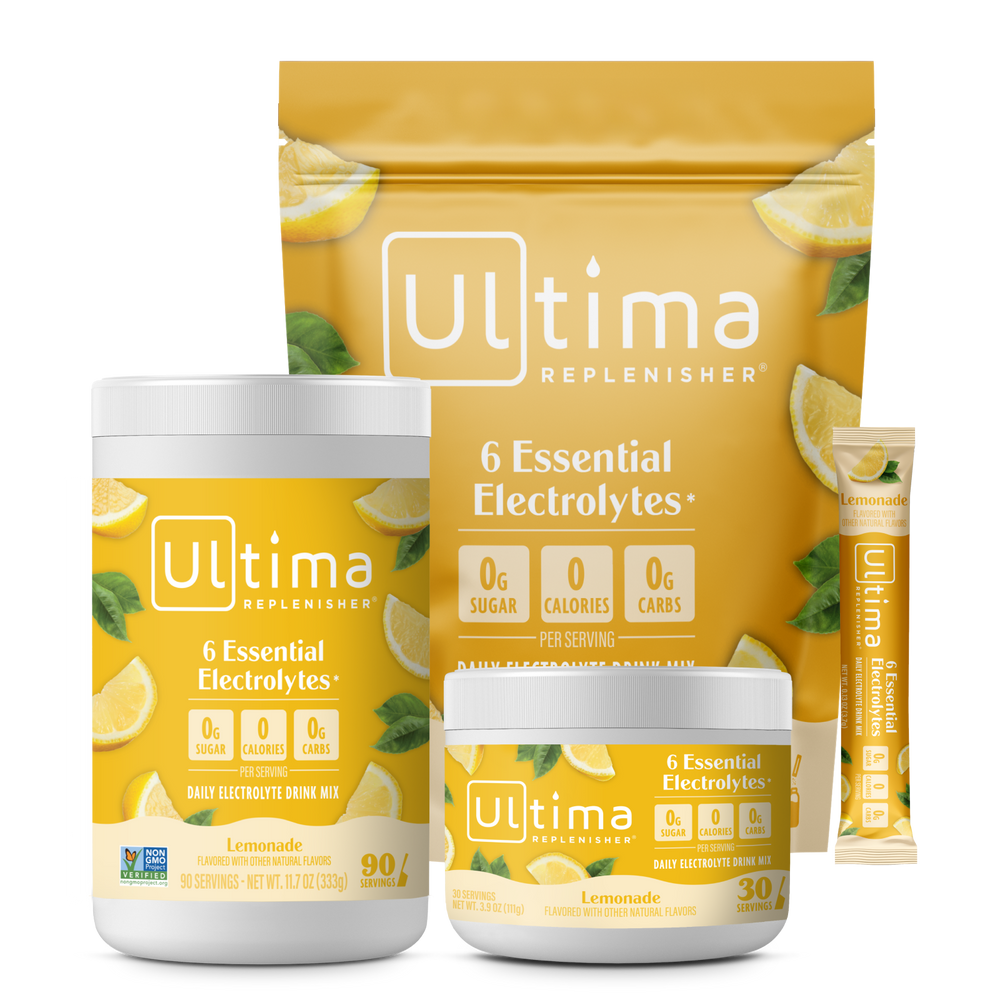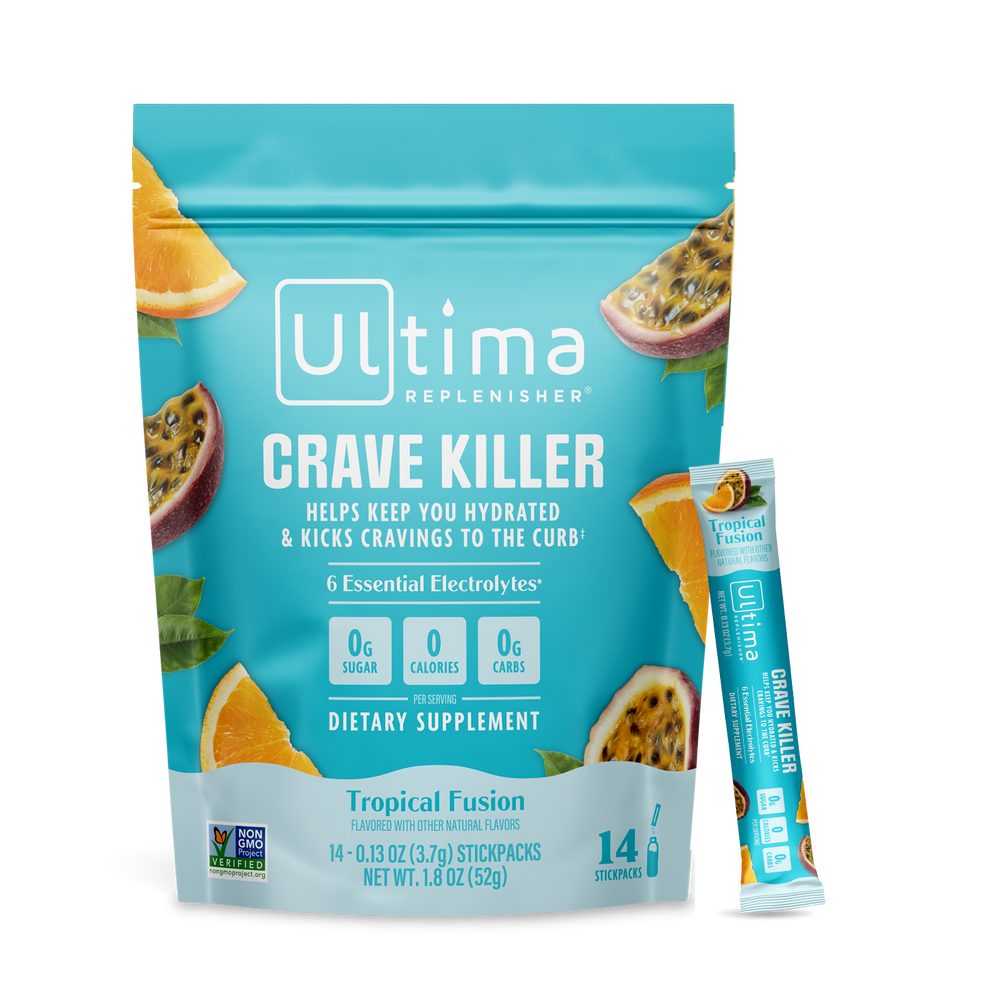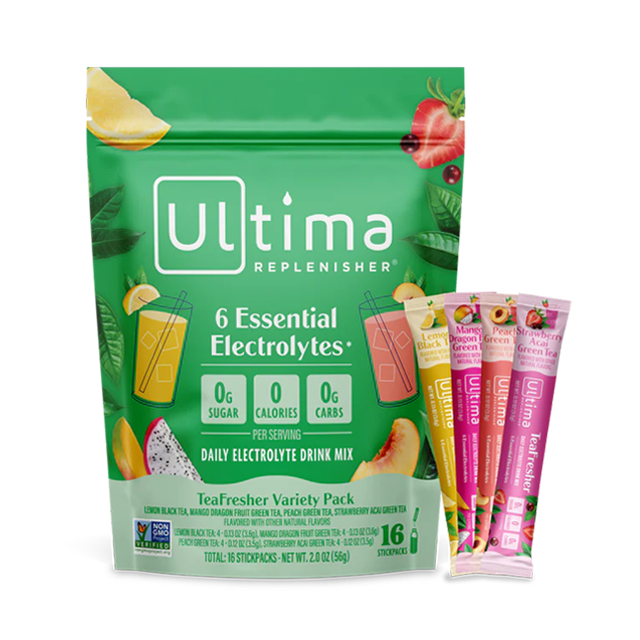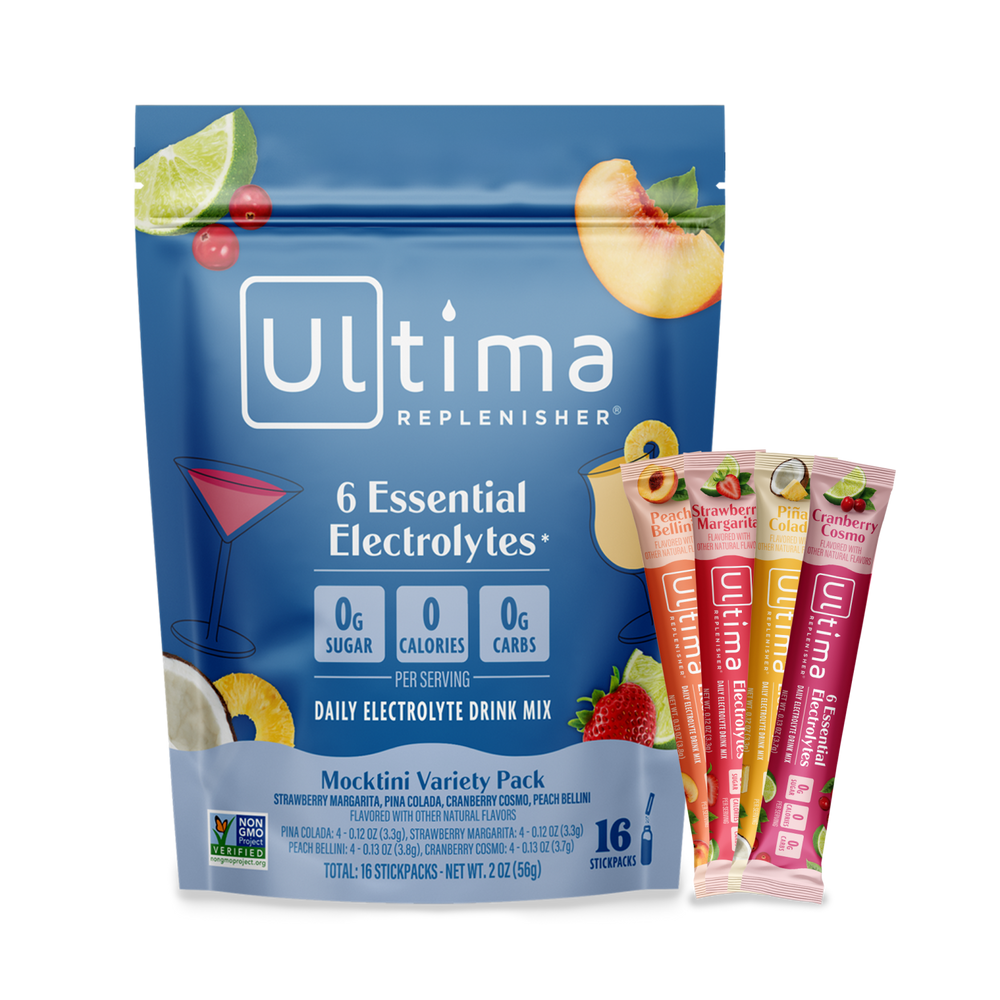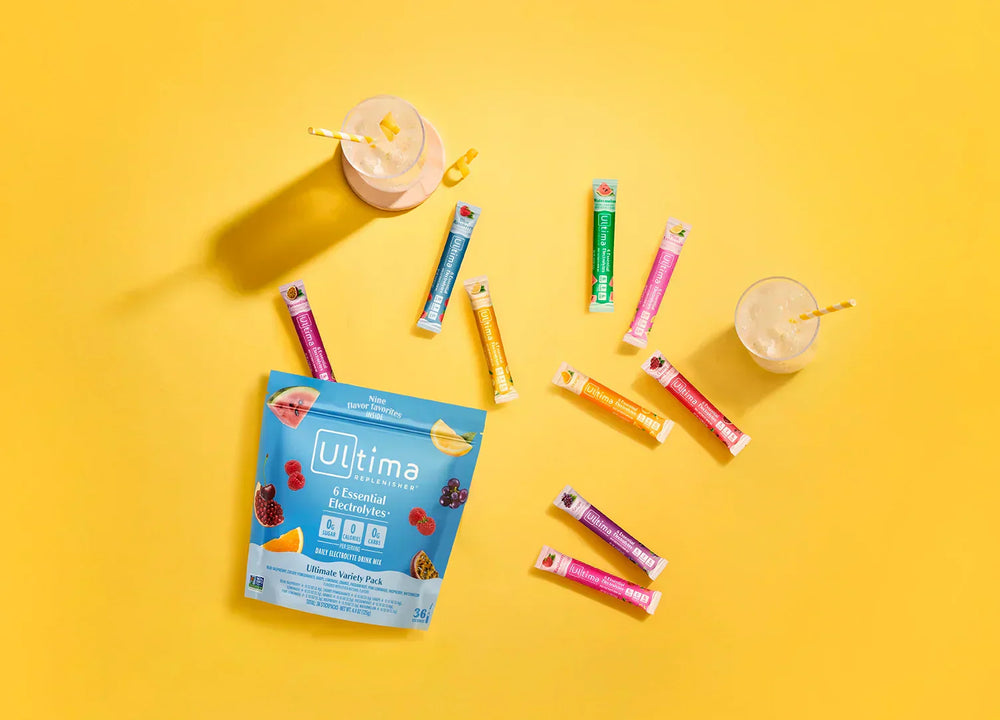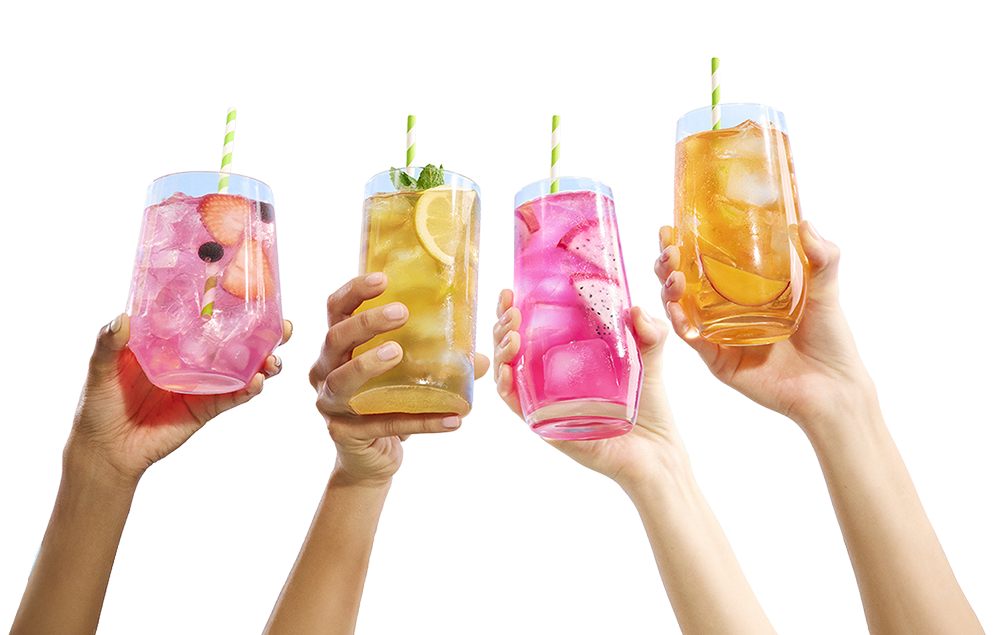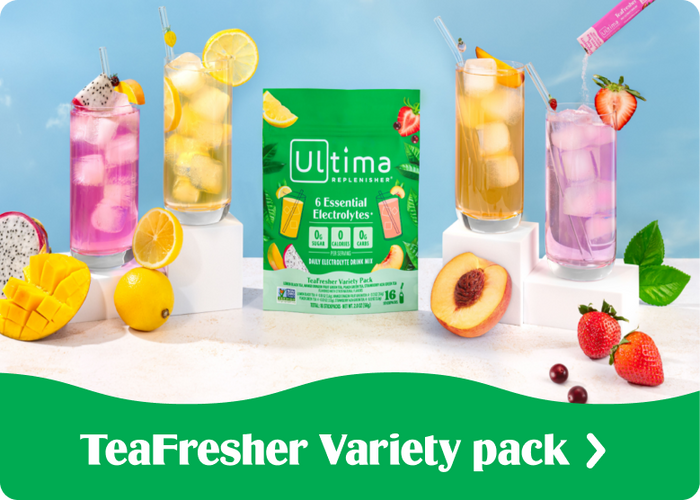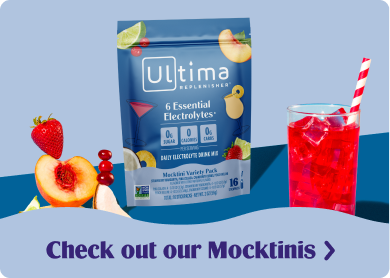
Everything You Need To Know About Electrolytes And Their Benefits
Electrolytes are great for your body!
Electrolytes are minerals with an electric charge. The macro electrolytes are magnesium, chloride, calcium, sodium, potassium, and phosphate. These electrolytes move nutrients and waste, balance your water levels and acidity, and keep the tissues, muscles, and nerves working properly.
This article will detail everything there is to know about electrolytes, including their functions and where you find them.
Let’s get started.
The importance of electrolytes:
Electrolytes are responsible for maintaining steady blood pressure, contracting muscles, repairing broken tissues, and energizing the tissues. Without electrolytes, your body would not maintain, repair, and energize itself. A steady dose of electrolyte minerals is critical. So let’s look at each mineral.
The function of individual electrolytes:
Six main electrolytes nourish your body: magnesium, sodium, potassium, chloride, calcium, and phosphates.
Here’s why you should include all of them in your diet:
Magnesium
Magnesium is the transforming mineral that converts glucose into an energy source.
Magnesium works closely with your muscles as the energy regulator. It creates biochemical reactions when it comes into contact with other minerals and vitamins inside the body, turning them into energy sources. Without magnesium, taking other vitamins and minerals would be pointless.
There are many magnesium sources, including spinach, oats, wheat, nuts (almonds, peanuts, cashews), seeds (chia & pumpkin), avocado, banana, black beans, apples, carrots, and more!
But despite such a selection of magnesium-rich foods, the National Health and Nutrition Survey found that 48% of Americans get less than the recommended daily magnesium intake from food.
Are you getting enough magnesium?
Signs that you are magnesium deficient include nervousness, anxiety, or bad moods, and frequent headaches.
Chloride
Chloride is an excellent balancing mineral that helps keep the blood, digestive system, and muscles in check.
The chief role of chloride is to balance fluids within and outside cells. Chloride regulates ph levels, blood pressure, and blood volume. You get most of your sodium chloride in food. If you’re low on chloride, you may have constipation, uncomfortable muscle contractions, or other digestive issues.
Calcium
Calcium is intrinsic to bone health, but it also plays a vital role in regulating the heartbeat and muscle contraction. It also helps to transmit nerve messages.
Other responsibilities include muscle growth when hitting the gym. So, it’s an essential mineral for workout enthusiasts.
You will likely identify a calcium deficiency at the gym as abject muscle pain and irritating cramps.
Sodium
Sodium is an aider mineral and helps other electrolytes do their job. Sodium regulates water throughout the body, ensuring a balance is maintained, and each part receives sufficient fluid.
Sodium is another essential mineral if you hit the gym a lot. It ensures that muscles contract and relax comfortably. You will identify a low-sodium level through fatigue and regular bouts of unaccountable confusion.
Interestingly, sodium is in many foods, so the risk of over-consuming sodium is greater than ever experiencing low-sodium levels. You will find sodium in meat, nuts, and most processed foods. Please avoid overconsuming sodium as it can negatively impair the work of other electrolytes.
Too much sodium can knock the balance of other electrolyte levels. Most commonly, excessive sodium in the body causes potassium loss through urine.
Potassium
Potassium replenishes the body’s cells. It essentially eliminates dead cells and other unnecessary parts and replaces them.
Like most other electrolytes, potassium is also essential in muscle contraction. It assists calcium in keeping the heartbeat steady.
A potassium deficiency will most likely show itself in the form of aches and pains, mainly in the muscles. You may also experience stiffness throughout the body, shortness of breath, and frequent mood swings.
You lose a lot of potassium through sweating. This loss needs to be made up for, particularly during long workouts. The more frequently you exercise, the higher the quantity of potassium is required.
Phosphate
Phosphate - or phosphorus - is an essential electrolyte that has an eclectic range of functions. It is essential to the assistance of bone maintenance, alongside calcium, and helps form bone repair.
Phosphate also helps to process the body’s intake of fats and carbohydrates. Phosphate is also essential as it is the electrolyte that produces and controls ATP.
ATP, or adenosine triphosphate, transforms food into energy sources. ATP is key to a healthy workout, so phosphate is an essential mineral for all athletes.
A lack of energy is a clear sign of a phosphate deficiency. You may also experience anxiety or a lack of appetite.
What is considered to be a healthy electrolyte level?
What is considered to be a healthy electrolyte level varies from doctor to doctor. The average recommended electrolyte levels for all adults are:
- Sodium - 136-145 mEq/L
- Magnesium - 1.5 - 2.5 mEq/L
- Chloride - 97 - 107 mEq/L
- Potassium - 3.5-5.3 mEq/L
- Calcium - 4.5 - 5.5 mEq/L
- Phosphate - 2.5 - 4.5 mEq/L
Is it possible to test for an electrolyte imbalance?
It is possible to diagnose an electrolyte imbalance. Your doctor will either physically examine you or request a blood or urine sample to test electrolyte levels.
If the electrolyte deficiency is suspected to be particularly severe, your doctor may recommend an electrocardiogram or that you undergo an X-ray or ultrasound examination.
How do you lose electrolytes?
You lose electrolytes every time you lose fluids (through sweat, urine, exhaling, vomiting, or diarrhea).
That’s why athletes require electrolyte replenishers (sports drinks).
Additionally, a regular intake of laxatives, steroids, or diuretics increases dehydration, ultimately reducing your electrolytes.
Other dehydrating drugs include antibiotics and chemotherapy drugs.
Some conditions make you susceptible to dehydration, like alcoholism, kidney disease, heart failure, or respiratory problems.
How do I increase my electrolyte intake?
There are many different food groups that you can focus on to electrolyte intake.
Here are the main solid foods we’d recommend if you have an electrolyte deficiency.
Avocado
To increase their potassium levels, many turn to bananas. However, bananas are no match for avocados when it comes to potassium, with 975mg on average featured in each.
This potassium level is two times the amount found in a banana.
Lentils
A good all-rounder, lentils are packed full of phosphorus, magnesium, and potassium. They are also loaded with protein, making them a must for any workout diet.
Sunflower seeds
If you’re suffering from a deficiency of magnesium or phosphorus, a regular intake of sunflower seeds will get you back on track.
Spinach
With 73% magnesium and 24% calcium, spinach is an excellent means of topping up electrolytes.
Spinach also contains vitamin A and vitamin K, amongst other micronutrients.
Water!
Tap water and various mineral waters contain trace minerals that add some electrolytes to your body. They will likely have potassium, calcium, and magnesium.
However, distilled bottled water does not have any electrolyte minerals.
Electrolyte replenishers
If you regularly do intense workouts (over 75 minutes), electrolyte drinks will keep the electrolyte levels up. They are a quick way to replenish the lost electrolytes and prevent fatigue!
Similarly, electrolyte replenishers restore your electrolytes after vomiting and/or diarrhea.
Electrolyte replenishers are available in different forms in the market. There are electrolyte tablets, powders, and drinks.
Most electrolyte replenishers will have some of the macro electrolytes and added minerals. But they are not created equally. Some have extra calories, sugars, and varying amounts of minerals.
When shopping for your electrolyte, always read the labels.
Opt for replenishers without sugar and have all six electrolytes and trace minerals like Ultima Replenisher.
The link between alcohol consumption and electrolyte deficiency
Like caffeine, alcohol is a diuretic, meaning that you lose large quantities of water while drinking it. As you lose water, you also lose electrolytes.
This is caused by a persistent need to urinate, which happens when consuming alcohol for hours.
As aforementioned, you lose a large number of electrolytes when urinating.
Plus, when drinking alcohol in excess, you are most likely not drinking much water during that time. This upsets the regularity of your electrolyte intake, which can cause problems.
When out drinking, avoid an electrolyte deficiency by taking breaks from the alcohol and making a habit of drinking regular glasses of water in between cocktails. Carry some electrolyte replenishers like the Ultima Replenisher stick packs to help you maintain electrolyte balance and stay hydrated.
Instead of drinking six water glasses, you will only need to drink three electrolyte-enhanced water glasses: one before drinks, another between, and the last one after drinks.
The electrolytes keep you hydrated and help reduce dehydration associated with awful hangovers in the morning.
Electrolyte powder benefits
Electrolytes are minerals with an electrical charge. They are magnesium, calcium, phosphate, chloride, sodium, and potassium.
These minerals keep the body functioning by regulating water levels, blood volume, acidity, and blood pressure. They also support how waste and nutrients move through the body.
Sweating is the most common way to lose electrolytes. But every other time you lose fluids through vomiting, urine, or diarrhea, you lose electrolytes.
Alcohol, laxatives, steroids, and antibiotics cause dehydration which translates to lost electrolytes.
Drinking water is the best way to replenish electrolytes. You can also get electrolytes from avocados, spinach, whole grains, seeds, nuts, bananas, and lentils. If you are on a low-carb diet, you will need to supplement electrolytes with an electrolyte drink.
But in high-demand times like hot summer days, dry winter indoor heat, heavy perspiration, intense workouts, vomiting, or diarrhea you can replenish your electrolytes quickly using electrolyte powders. A healthy option with zero carbs, zero sugars, plant-based colors, and flavors is our very own, Ultima Replenisher electrolyte powder.
